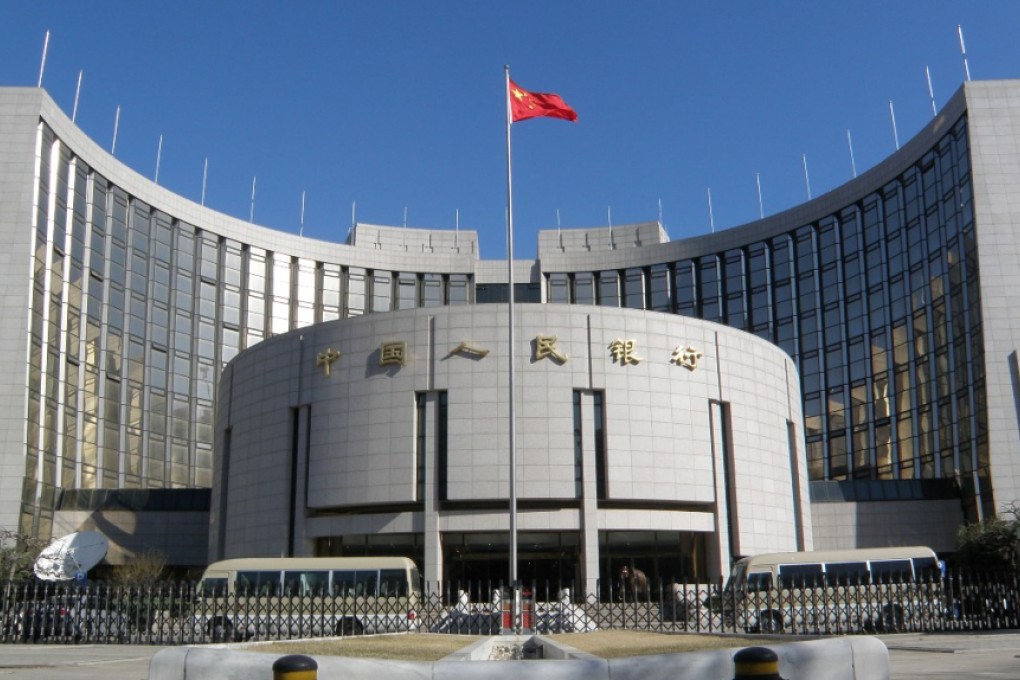Deposit insurance frees the market
Twenty-two years is a long time but as they say, it's better late than never. That was how long it took for the mainland to finally introduce deposit insurance protection for ordinary bank customers starting from next month.

Twenty-two years is a long time but as they say, it's better late than never. That was how long it took for the mainland to finally introduce deposit insurance protection for ordinary bank customers starting from next month.
The belated but welcome move is part of China's ongoing liberalisation of its whole financial system. A key aim is to introduce competitive lending rates among banks and to encourage them to lend to smaller businesses. Under the insurance system, deposits of up to 500,000 yuan (HK$634,000) would be protected in the event a bank went under. Banks would have to put aside funds with a central authority to cover the scheme.
On the other hand, they would be allowed to set different lending rates in competition with peers. In this way, it is hoped that market mechanisms would gradually replace the rigid system of setting deposit and lending that has been the norm for decades.
One reason the deposit protection scheme has been delayed for so long is that the central government implicitly guarantees the solvency of most public financial institutions on the mainland, especially banks. Under the current system, the People's Bank of China dictates the interest rates to the big banks, which often earn huge profits by lending at much higher rates. Few, therefore, like taking risks by lending to small and medium-sized businesses.
By taking away the implicit guarantee of the central government, banks would have to act much more prudently and lend competitively. At least that's the theory. Experts expect teething problems as smaller banks are likely to come under increasing pressure. They already have to compete for deposits. With the protection limit set at 500,000 yuan, wealthier customers are likely to prefer bigger and more solid banks to put their money in. Be that as it may, the steps taken are essential to opening a rigid system by letting in much-needed market forces. They are long overdue.